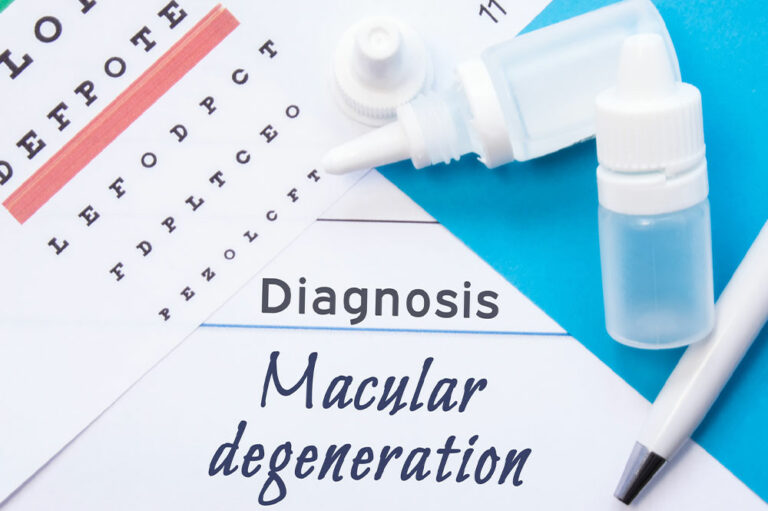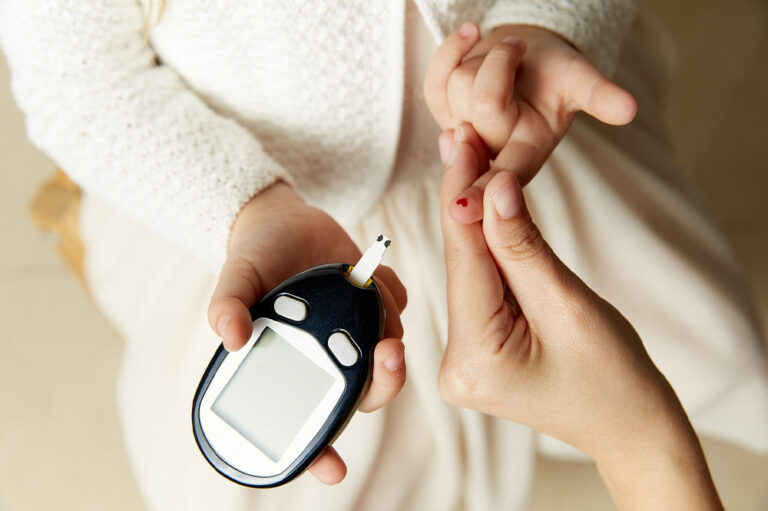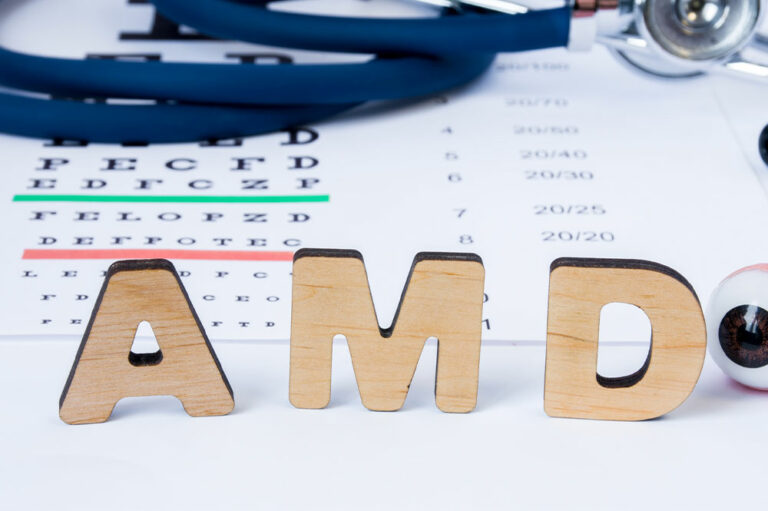
01
Key things to know about macular degeneration
Macular degeneration is an eye disorder that affects the macula, a tiny part of the retina that provides sharp central vision. The most common kind of this disease is age-related macular degeneration (AMD), which affects many people in our country over 60 years. While there is no cure for macular degeneration, several treatments and lifestyle changes help manage the symptoms and improve your vision so that it does not interfere with everyday life. What are the types of macular degeneration? There are two common types of the condition: Wet or exudative macular degeneration This is the more common type. It occurs when the tiny blood vessels in front of your retina get damaged and leak fluid into your eye, causing swelling, redness, and dampness. The condition can affect your central vision and cause blurry patches in the center. Central vision is the area you see directly in front of you. Dry or atrophic macular degeneration Also known as senile macular degeneration, this condition occurs when the retina does not receive sufficient oxygen due to damage from aging; it results in a breakdown of the central part of the retina (the photoreceptors). What causes this eye disorder? The risk factors include genetics and lifestyle ailments, such as high blood pressure, high cholesterol levels, and diabetes.
Read More 









